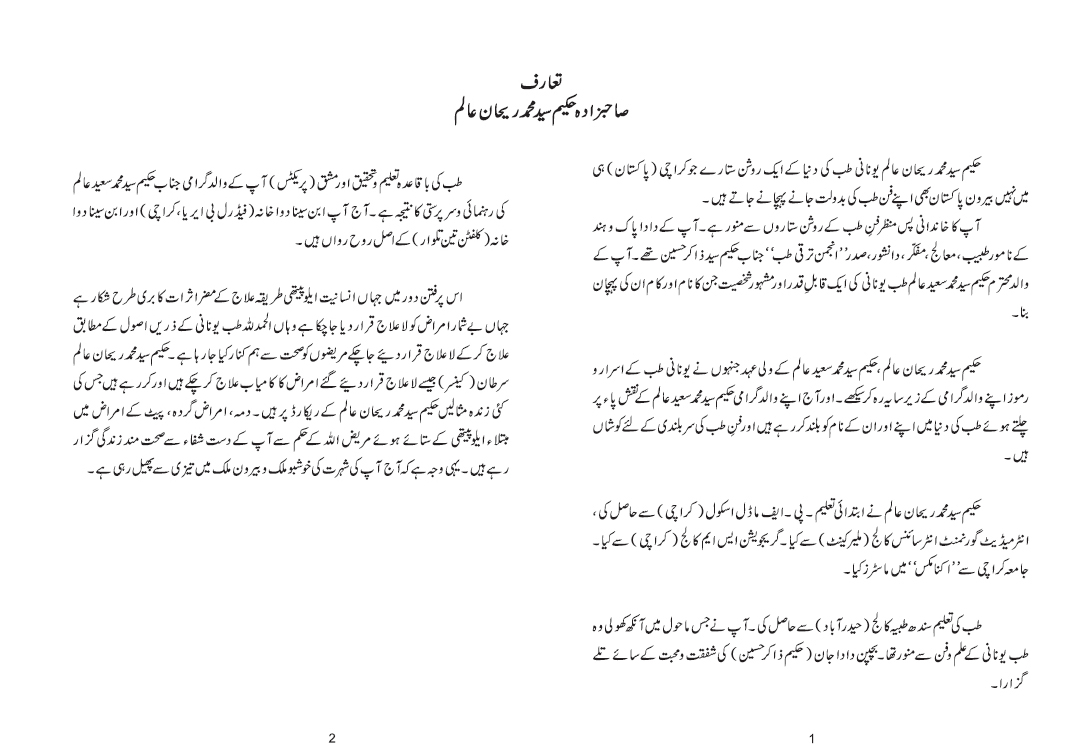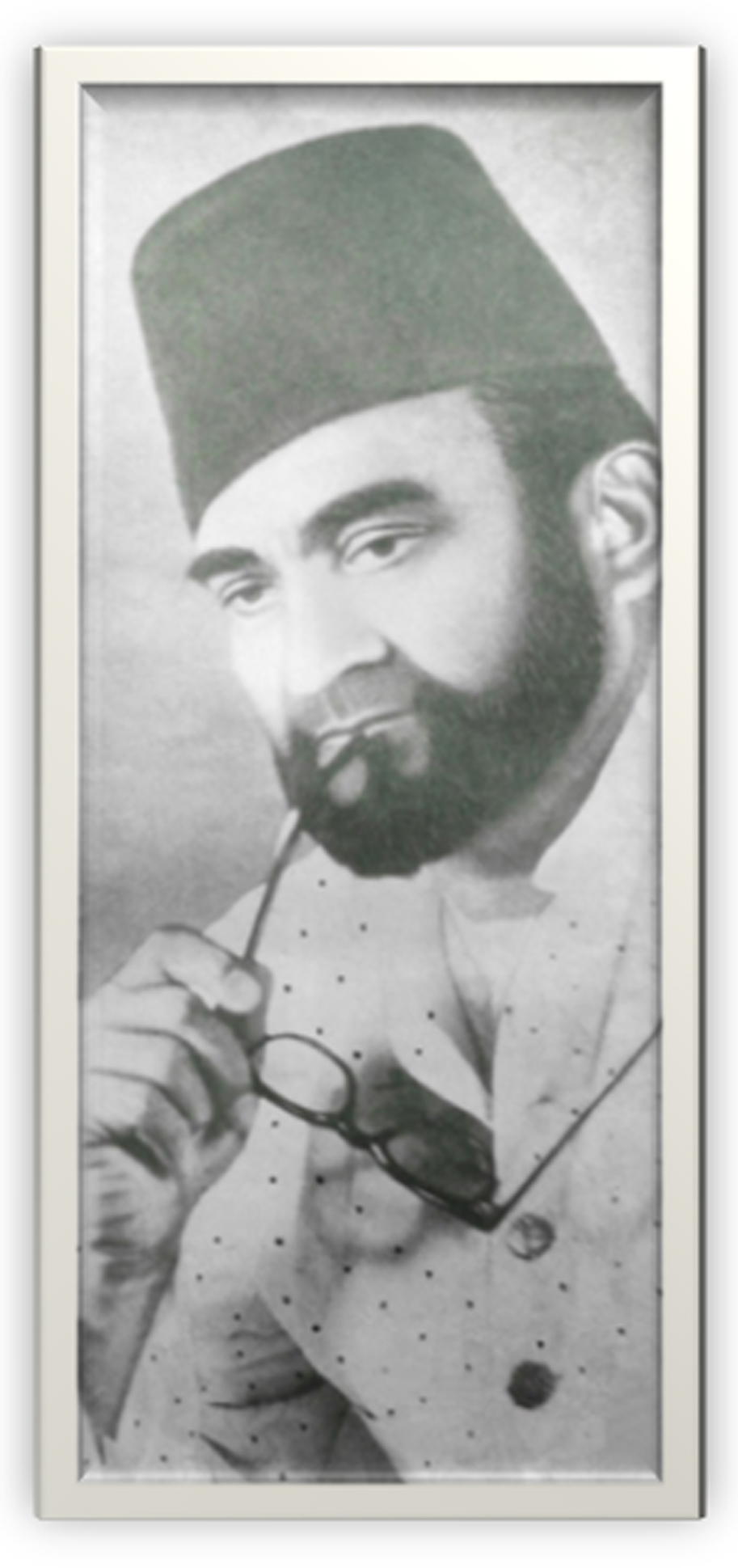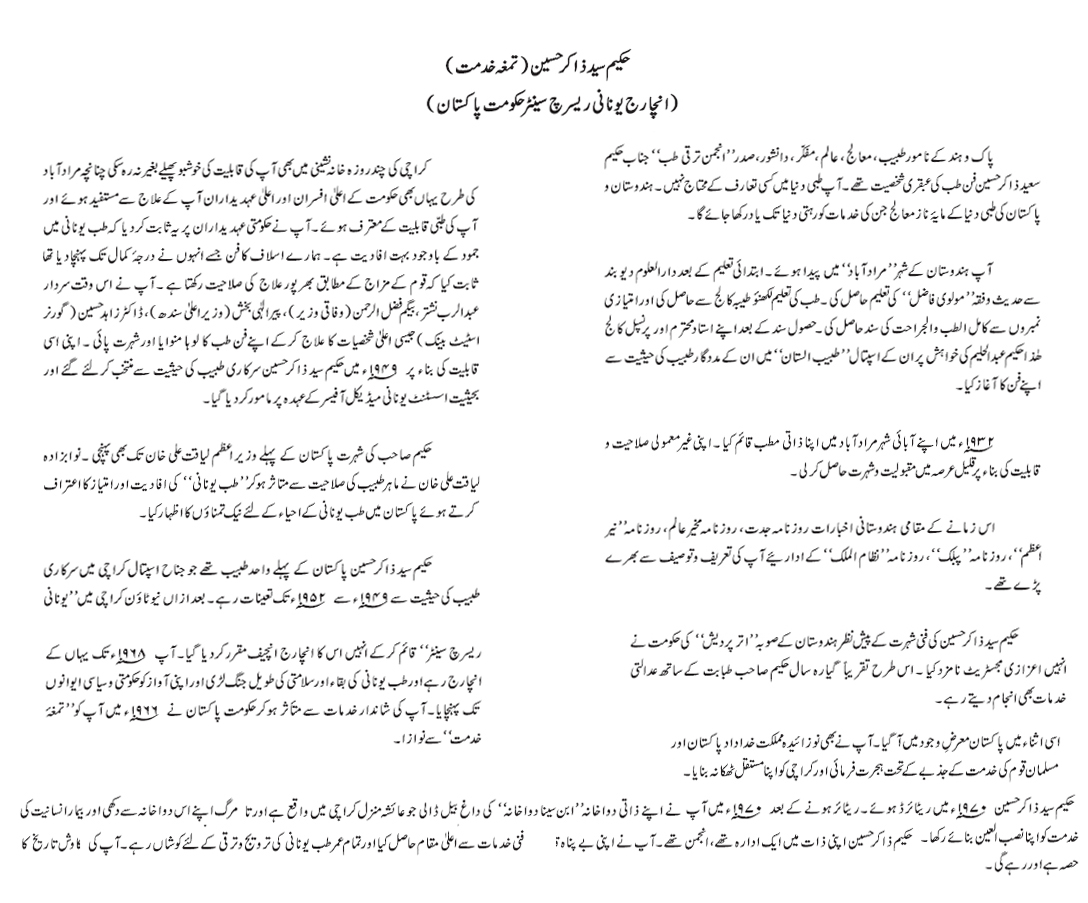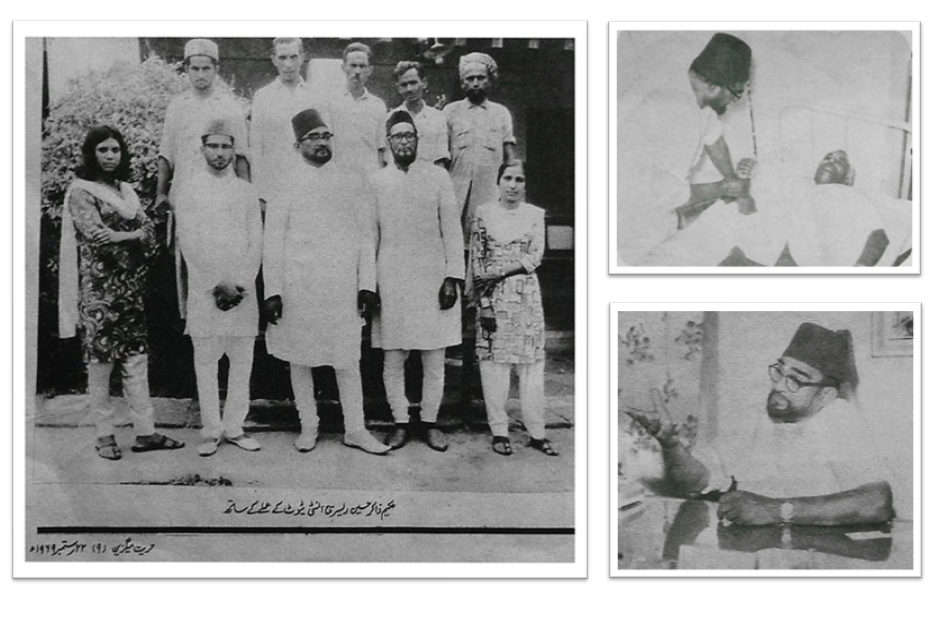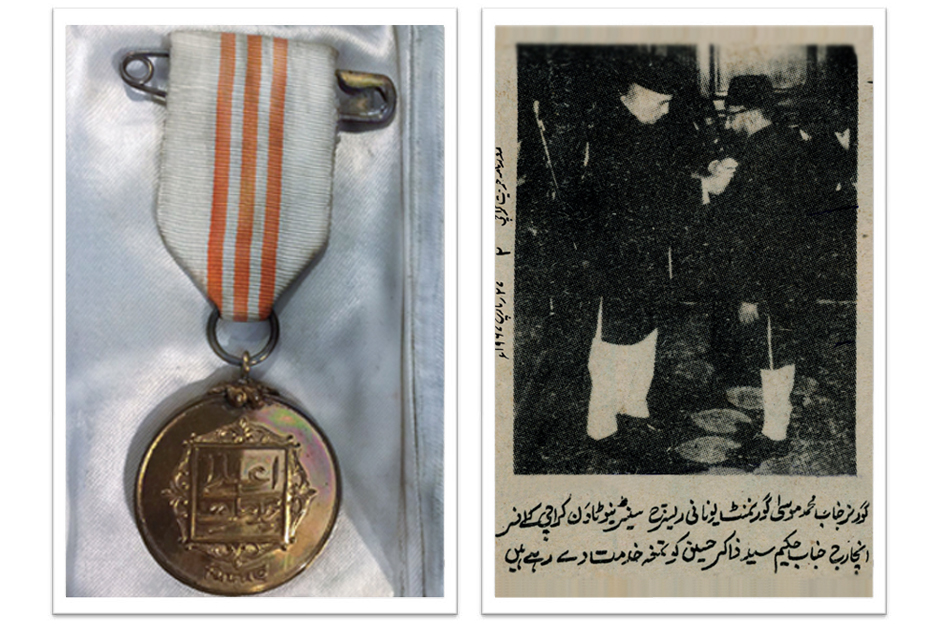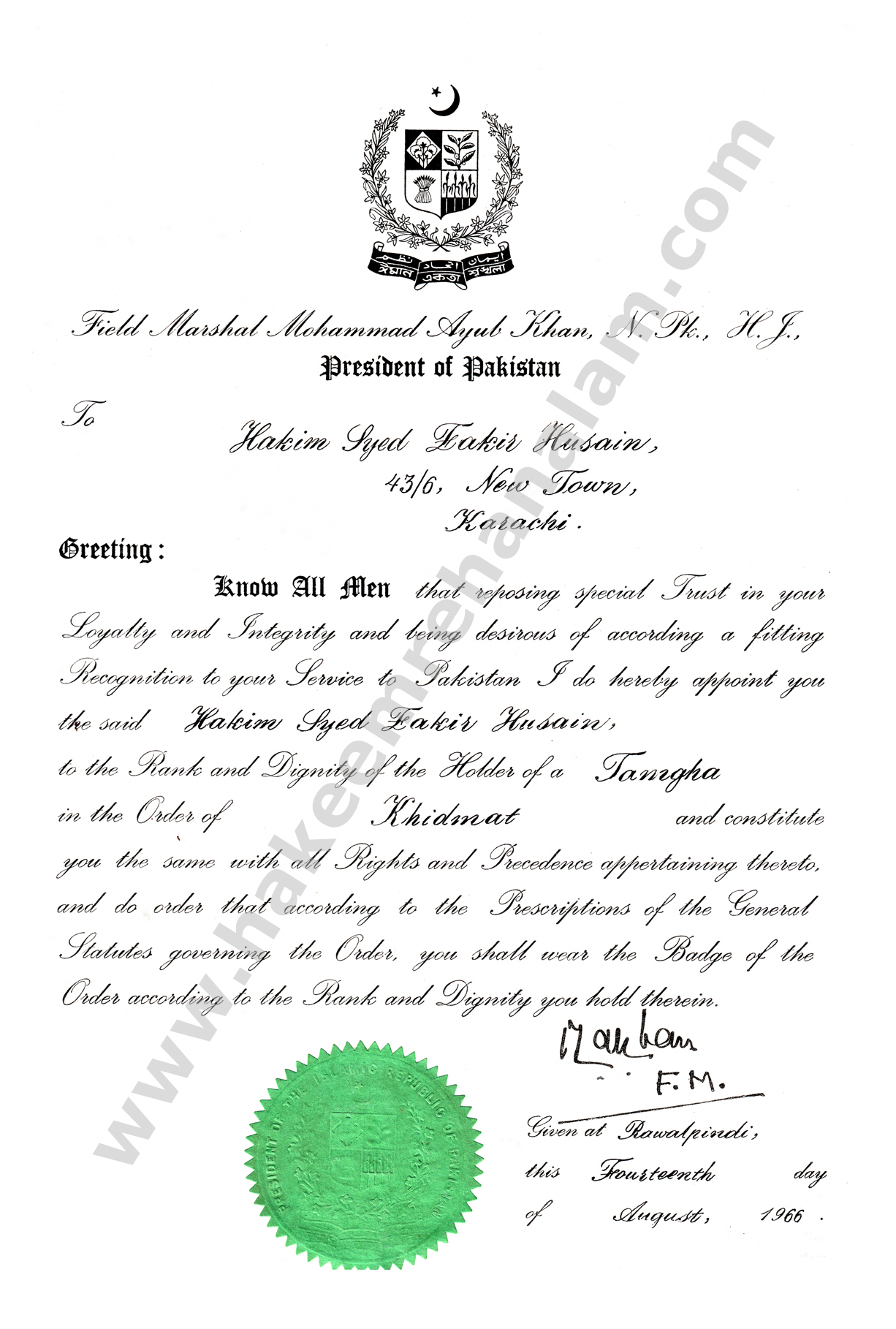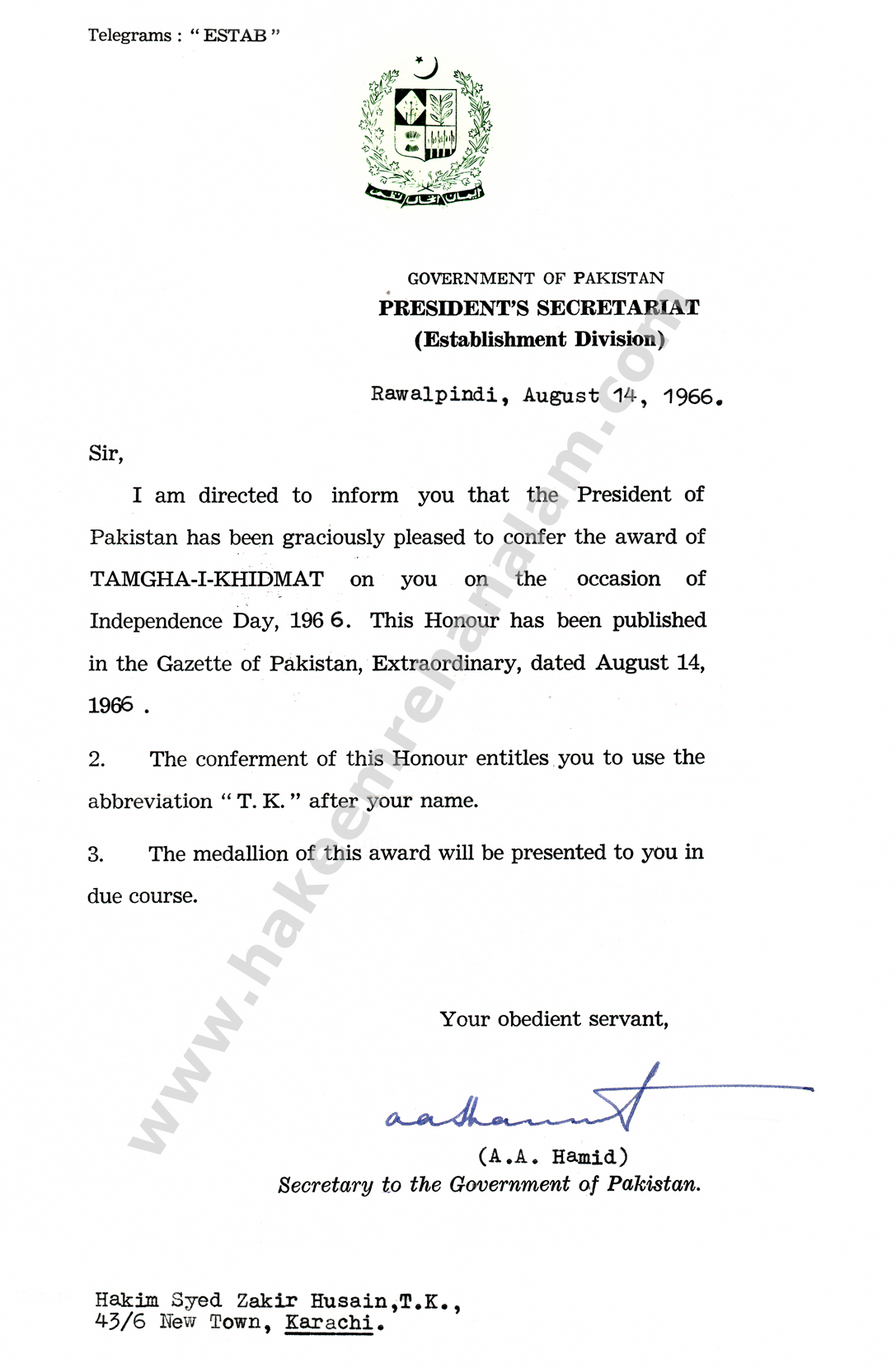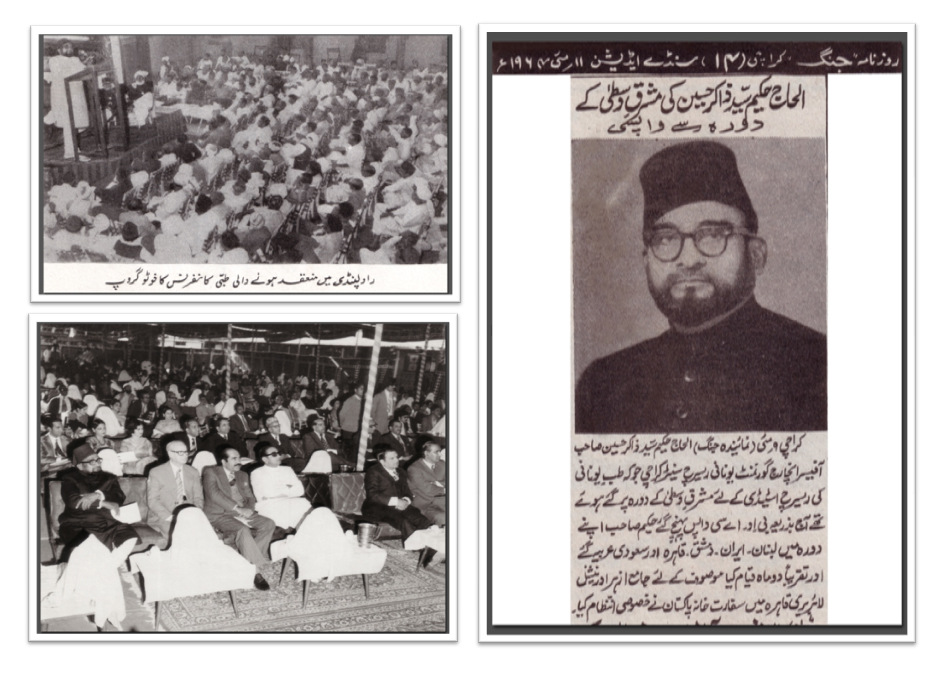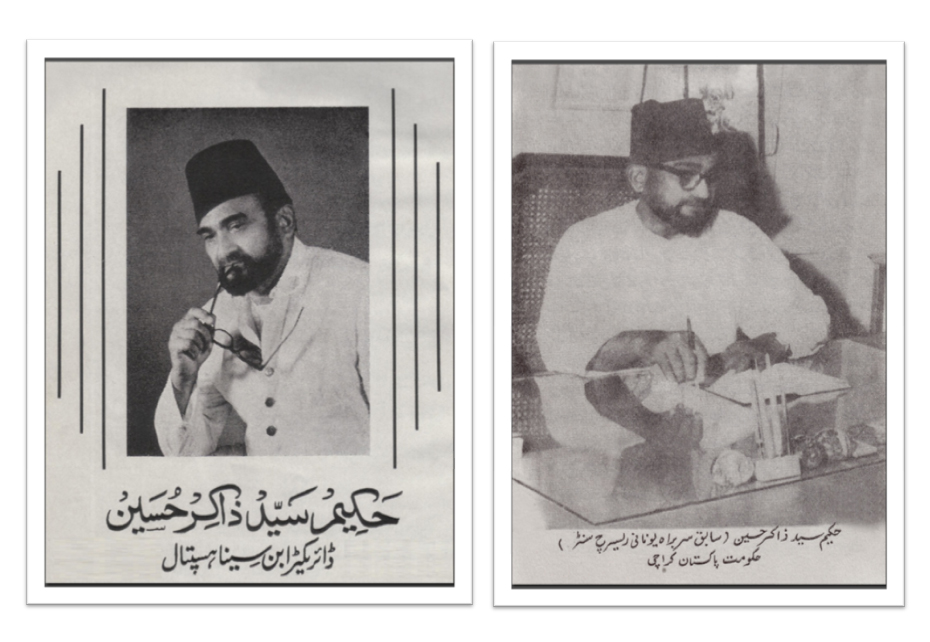Hakeem Syed Muhammad Rehan Alam is an expert herbal (Unani) medicine practitioner based in Karachi, Pakistan. To date, he has successfully served countless patients at his Aisha Manzil (Federal B Area) and Clifton (Block 7) Matabs. Hakeem Rehan Alam has now expanded his practice to Gulistan-e-Jauhar (N – 104, Block 15, behind Metropolitan Academy).
Hakeem Syed Muhammad Rehan Alam belongs to a family of renowned Hakeems serving humanity since 1928. He trained under his father, the very distinguished Hakeem Syed Muhammad Saeed Alam, who in turn trained under his father, the very eminent Hakeem Syed Zakir Hussain (proud recipient of Tamgha-e-Khidmat). Hakeem Rehan Alam is a qualified Fazil-ul-Tibb-wal-Jarahat Hakeem; and he also has a BA in Economics (S. M. Arts and Commerce College); and an MA in Economics (Karachi University).

